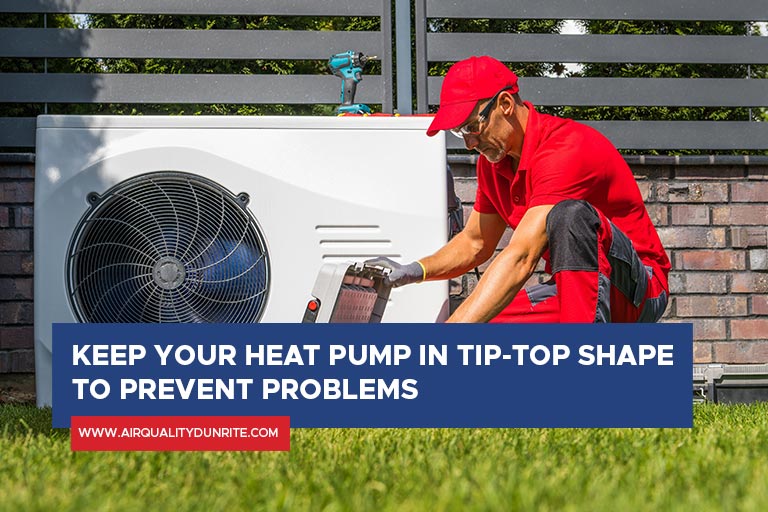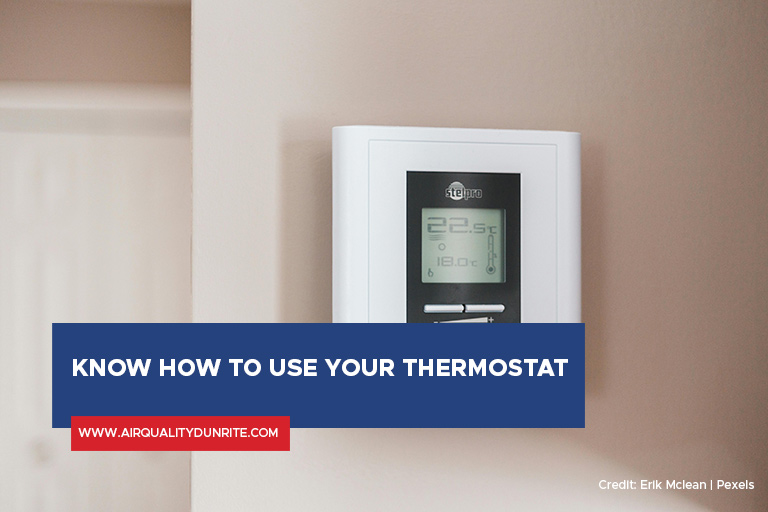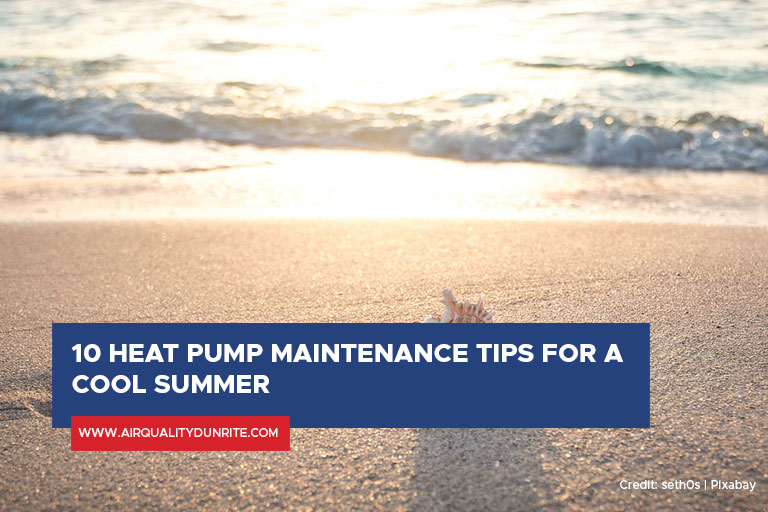The summer sun brings with it longer days, beach trips, and… the relentless heat. As temperatures rise, our reliance on our trusty heat pumps to keep us cool also increases. But just like any hardworking appliance, heat pumps need regular maintenance to function efficiently and keep you comfortable all season long. Luckily, with a few simple tasks, you can ensure your heat pump runs smoothly, saving you money and avoiding those dreaded breakdowns in the middle of a heatwave.
Why is Heat Pump Maintenance Important?

Just like any other machine, heat pumps are susceptible to wear and tear. Regular maintenance helps prevent problems before they occur, leading to several benefits:
-
Improved Efficiency
A well-maintained heat pump operates more efficiently, using less energy to achieve the desired temperature. This translates to lower energy bills for you!
-
Enhanced Comfort
A clean and properly functioning heat pump ensures optimal airflow and consistent cooling throughout your home, keeping you comfortable all summer long.
-
Reduced Risk of Breakdowns
Regular maintenance can identify potential problems early on, preventing costly repairs and inconvenient breakdowns in the peak of summer.
-
Extended Lifespan
With proper care, your heat pump can last for many years, saving you money on replacement costs.
10 Tips for Maintaining Your Heat Pump
Now that you understand the importance of maintaining your heat pump, here are the 10 best tips to help you achieve a cool and comfortable summer:
-
Clean or Change the Air Filter Regularly
Your heat pump’s air filter traps dust, pollen, and other airborne particles. A clogged filter restricts airflow, making the system work harder to maintain the desired temperature. This not only reduces efficiency but can also damage the equipment. Check your filter every month and clean or change it according to the manufacturer’s instructions. Most filters need to be replaced every 1-3 months, depending on usage and the level of dust in your home.
-
Keep the Outdoor Unit Clear
The outdoor unit of your heat pump houses the condenser coils, which are responsible for releasing heat from your home. Leaves, twigs, and other debris can accumulate around the unit, blocking airflow and hindering its ability to function properly. Make sure to clear a two-foot radius around the unit and trim back any overgrown vegetation. Avoid placing objects directly on top of or against the unit.
-
Gently Clean the Condenser Coils
Over time, the condenser coils can become clogged with dirt, dust, and grime. This reduces their ability to transfer heat efficiently. Once a year, gently clean the condenser coils using a soft brush or a vacuum cleaner with a soft brush attachment. Be careful not to bend the delicate fins on the coils. You can also spray them with a garden hose (on a gentle setting) to remove any stubborn dirt. However, it’s important to avoid using a pressure washer, as this can damage the coils.
-
Schedule a Professional Tune-Up
Just like you wouldn’t attempt major car repairs yourself, it’s best to leave the more complex aspects of heat pump maintenance to a qualified HVAC technician. Schedule a professional tune-up for your heat pump at least once a year, preferably before the summer season begins. During a tune-up, a technician will thoroughly inspect your system, clean internal components, check refrigerant levels, and ensure everything is running smoothly.
-
Check for Drainage Issues
Your heat pump removes moisture from the air during cooling operation. This moisture condenses and drains out of the system through a condensate drain line. If the drain line becomes clogged, you may notice water leaks around the unit or even inside your home. Inspect the drain line regularly to ensure it’s clear and free of debris. You can also pour a small amount of water down the drain to check if it flows freely.
-
Optimize Thermostat Settings

Smart thermostat settings can go a long way in maximizing the efficiency of your heat pump. Set your thermostat to a comfortable cooling temperature (around 78°F) and avoid making frequent adjustments throughout the day. Utilize features like programmable schedules or auto settings to maintain consistent cooling when you’re away.
-
Address Unusual Noises
A well-maintained heat pump should operate relatively quietly. If you notice any unusual noises, such as grinding, banging, or loud rattling, it’s a good idea to schedule a professional inspection. These noises can indicate underlying problems that require attention.
-
Check for Refrigerant Leaks
Refrigerant is a crucial component of your heat pump’s cooling process. Over time, refrigerant leaks can occur, reducing the system’s efficiency and performance. While checking for refrigerant leaks requires specialized equipment, it’s important to be aware of the signs of a leak, such as unusual hissing sounds, ice formation on the evaporator coils, or warm air blowing from the vents. If you suspect a refrigerant leak, contact a qualified HVAC technician immediately.
-
Insulate Your Ductwork
Ductwork carries conditioned air throughout your home. If your ducts are poorly insulated, you may experience energy loss and uneven cooling. Check for any leaks or gaps in your ductwork and seal them with duct tape or mastic sealant. Additionally, consider adding insulation to your ducts to improve efficiency.
-
Schedule Regular Maintenance
Even with diligent DIY maintenance, it’s essential to schedule regular professional tune-ups for your heat pump. A qualified technician can identify and address potential problems before they escalate, ensuring optimal performance and longevity of your system.
By following these 10 heat pump maintenance tips, you can significantly improve your system’s efficiency, extend its lifespan, and enjoy a cool and comfortable summer. Remember, prevention is key when it comes to heat pump maintenance. Regular care can save you money on energy bills, avoid costly repairs, and keep your home cool and refreshing all season long.
If you need expert assistance with your heat pump maintenance or air conditioner repair, don’t hesitate to contact Air Quality Dunrite at (416) 674-8184. Our team of experienced technicians is dedicated to providing top-notch service and ensuring your complete satisfaction.



